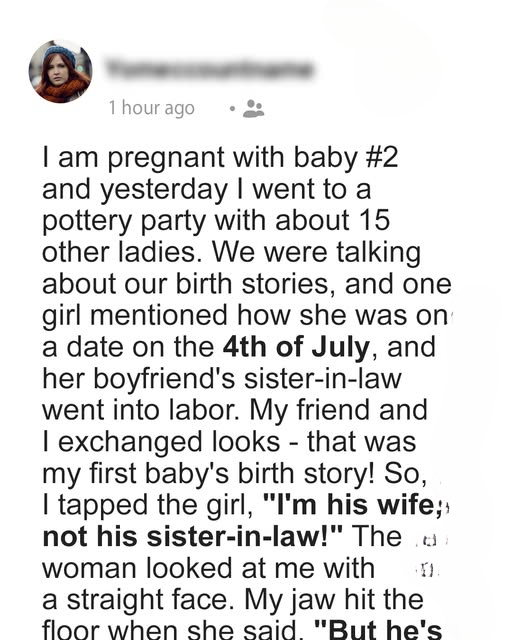For years, Monica’s mother-in-law, Lina, has been gifting her porcelain dolls every Christmas. Monica always thought they were just antique collectibles and kept them tucked away in her closet. But one day, her husband Andy saw the dolls and revealed their true meaning.
I’ve been married to Andy for five years, and each Christmas, his mom would quietly give me porcelain dolls. At first, I thought it was a thoughtful gesture because they looked like old antiques, and she always gave them privately.
I assumed they were part of her collection that she didn’t want the family to see. But I was totally mistaken.
Since I’m not really into dolls, I never displayed them, just storing them at the back of my closet because I didn’t know what else to do. I even considered donating them to kids at a nearby orphanage, but these fragile porcelain dolls aren’t really toys.
This year, Andy promised to build me a new closet, so while packing up, I was pulling out the dolls when Andy suddenly went pale.
“Where did these come from?” he asked, staring at the first doll.
“They’re from your mom. She’s been giving me these every Christmas for years,” I said.
“Five years? Monica, seriously?”
Confused, I followed him as he hurried out of the bedroom holding the dolls.
He took them to the living room and threw them into the fireplace, lighting a fire. It was the middle of winter, so the fire was already lit, and the dolls quickly caught flame.
“Why did you do that?” I asked, sitting down.
Andy looked horrified. “Mon, you know our cultures are very different, right?”
I nodded, still learning about his traditions.
“These dolls are supposed to cleanse the home by absorbing negative energy and protecting it,” he explained.
“That sounds nice,” I said, intrigued but also a little uneasy since Lina never mentioned any of this.
“Yes, but the legend says once the dolls can’t absorb any more negativity, they start poisoning the air around the house and causing illness. They literally make the air toxic.”
“What?! How do we fix this? They’ve been here for years!” I exclaimed.
“Burning them is how you symbolically release the trapped energy,” Andy said. “Usually, incense and offerings are involved, and it’s done outside, but this will do for now.”
“You’re serious?” I asked.
He nodded. I knew he wouldn’t react like that without reason, but it was wild. Lina should have told me.
“It’s a tradition, but I didn’t know this was what Mom was giving you,” he said.
Later, after Andy collected the ashes and properly disposed of them in a park, I called my mother-in-law for answers.
She listened quietly, then said, “It’s your responsibility, Monica. You need to understand our family’s traditions, especially if you and Andy plan to have children. Don’t accept gifts without knowing their meaning.”
I was shaken, but it made me realize how deep our cultural differences run.
That Christmas, Andy and I agreed to be more open about our family traditions, no matter how strange they seem. It ended up bringing us closer and deepening our understanding of each other.
Now, we share stories about his culture’s unique superstitions, while I share old family recipes from my heritage.
My advice? If you’re with someone from a different culture, learn everything you can—especially if porcelain dolls are involved!
